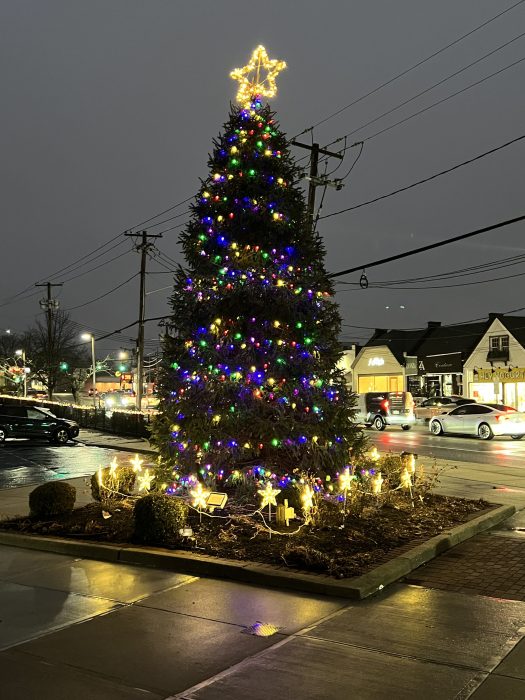Parking fee debate continues

The Town of Oyster Bay Town Board took up the issue of raising parking permit fees for a third time in as many meetings on Feb. 6.
Resolution 42, which proposed to increase the price of a permit for residents of unincorporated areas to $100 from $10 per year, was finally voted down after a lengthy discussion by board members. Different numbers were bandied about, and the board seemed close to agreement, but decided the best idea was to set up a committee to study the issue further and set the basis for a resolution ready for the Feb. 27 meeting. At that time, after more board and public comment, the new fees could be voted on at last.
The idea of increasing fees for the first time since 1998, according to Supervisor Joe Saladino, was to shift some of the burdens of maintaining the parking lots—an $8.2 million expenditure under the parking district budget section—from taxpayers in general to commuters.
A printout by the town sent to Anton Media Group showed that property taxes paid 69 percent of the cost of parking in 1998, while parking fees were responsible for 10 percent. In the 2018 budget, the respective figures were 85 and 8. If the fees were increased as Resolution 42 proposed, it was estimated that parking fees would cover 24 percent of the costs.
“This is only to put it in line with what other municipalities are charging—and to come up with a reasonable number,” Saladino observed.
Town Clerk James Altadonna Jr. asked to speak and made the following comments:
“Having commuted for over 20 years via the Long Island Railroad, I speak from experience. Commuting to NYC is not, I repeat, not a privilege. Most commuters start very early in the morning leaving at least a half hour to 45 minutes prior to their scheduled train time just to find a parking space.”
“Commuters take 4-5 hours a day away from their families, plus an 8- to 10-hour work day and that is if all goes well. Many times, if the Long Island Railroad does not get delayed the subway will not disappoint or vice a versa. Commuting is a necessity. It affords families the ability to live on Long Island and particularly in our Town of Oyster Bay.”
“At present, my office issues approximately 38,100 parking permits for approximately 6,862 parking spaces. All of our commuters already pay town taxes. To single out commuters and raise the fee for a service that we cannot fully provide, or improve on due to the lack of parking spaces and lack of available land to create new parking spaces is not only an insult, it’s wrong.”
“My suggestion is that we leave the fees exactly where they are, form a committee made up of commuters and create an on-line survey to identify the needs of our commuting public and revisit this issue during the next renewal cycle.”
At many points throughout the meeting, the supervisor mentioned that residents—via emails, phone calls, public hearings or in person—did not object to the fee increase.
“It’s less than a quarter a day,” Saladino kept emphasizing of the fee the councilmembers seemed united on, which is $50 per year. The figure will be incorporated into a resolution with a new schedule of fees.
“The issue has not been the cost…[it has been] availability,” Saladino summed up.
Councilman Tony Macagnone felt there ought to be more public input, and the night meeting of Feb. 27 would be the perfect time for such.
Councilwoman Rebecca Alesia then began a board debate over the amounts.
Councilmembers reached consensus on the following fees: $50 for residents of unincorporated areas (currently $10); $120 for residents of villages ($80); $10 for seniors and veterans (unchanged), though Saladino suggested the age rise from 62 to 65. The board could not agree on what to charge for second or third vehicles within the same household, or hybrid and/or electric cars. The latter currently pay no parking fee.
Danny O’Connor of Glen Head pointed out that low emission vehicles put as much stress on the asphalt as other vehicles, and it was only fair that they be charged as well.
After further discussion, it was agreed the best way to move forward was to vote no on Resolution 42 and its suggested fees and start from scratch with further input and study.
All six councilmembers, along with the supervisor, voted to reject the resolution.


































